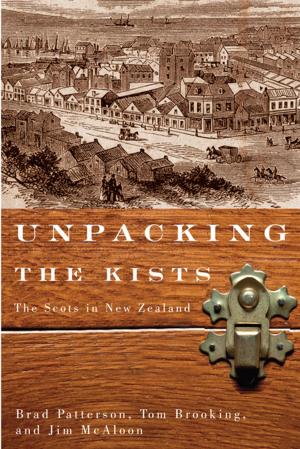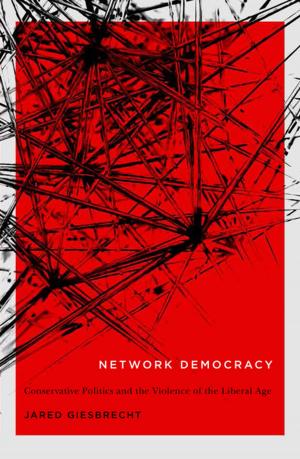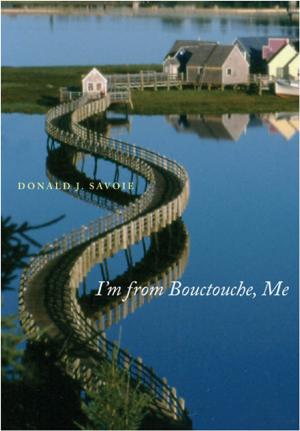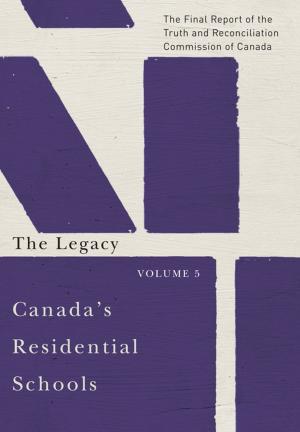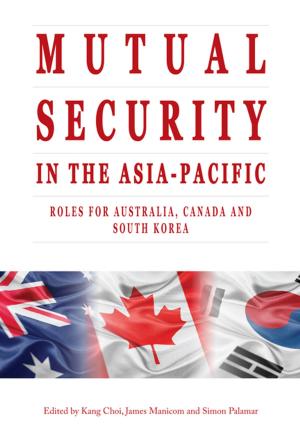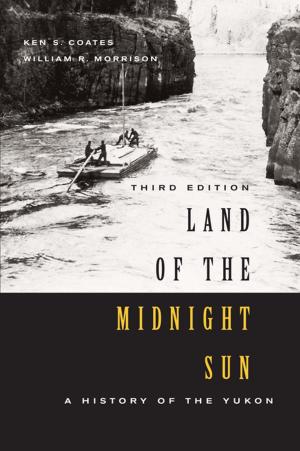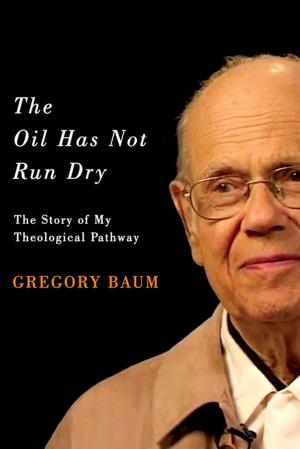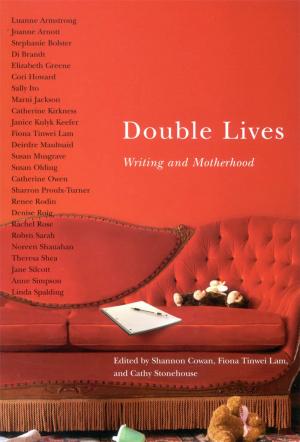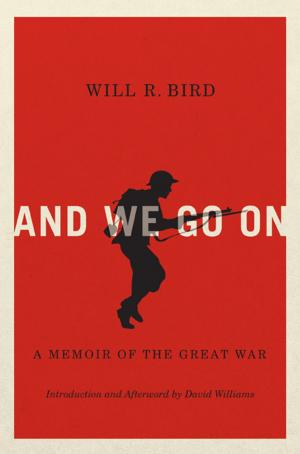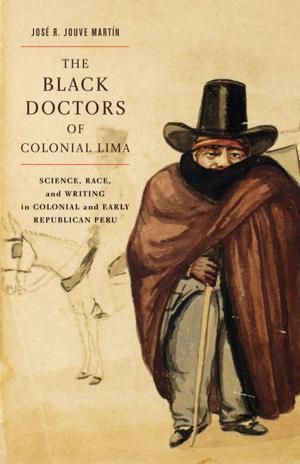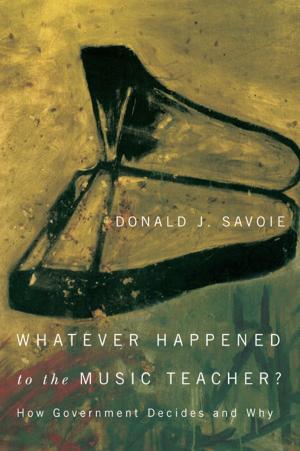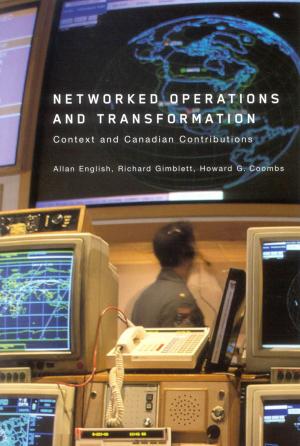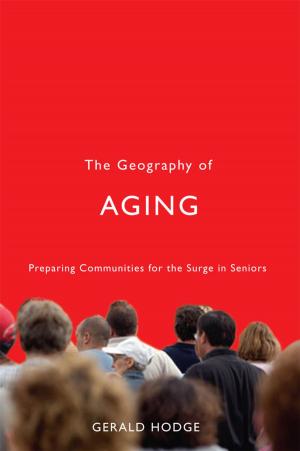Irish and Scottish Encounters with Indigenous Peoples
Canada, the United States, New Zealand, and Australia
Nonfiction, History, World History| Author: | ISBN: | 9780773588813 | |
| Publisher: | MQUP | Publication: | May 1, 2013 |
| Imprint: | MQUP | Language: | English |
| Author: | |
| ISBN: | 9780773588813 |
| Publisher: | MQUP |
| Publication: | May 1, 2013 |
| Imprint: | MQUP |
| Language: | English |
The expansion of the British Empire during the eighteenth and nineteenth centuries created the greatest mass migration in human history, in which the Irish and Scots played a central, complex, and controversial role. The essays in this volume explore the diverse encounters Irish and Scottish migrants had with Indigenous peoples in North America and Australasia. The Irish and Scots were among the most active and enthusiastic participants in what one contributor describes as "the greatest single period of land theft, cultural pillage, and casual genocide in world history." At the same time, some settlers attempted to understand Indigenous society rather than destroy it, while others incorporated a romanticized view of Natives into a radical critique of European society, and others still empathized with Natives as fellow victims of imperialism. These essays investigate the extent to which the condition of being Irish and Scottish affected settlers' attitudes to Indigenous peoples, and examine the political, social, religious, cultural, and economic dimensions of their interactions. Presenting a variety of viewpoints, the editors reach the provocative conclusion that the Scottish and Irish origins of settlers were less important in determining attitudes and behaviour than were the specific circumstances in which those settlers found themselves at different times and places in North America, Australia and New Zealand. Contributors include J. M. Bumsted (Manitoba), Edward J. Cowan (Glasgow), George Dalgleish (National Museums of Scotland), Marjory Harper (Aberdeen), H.P. Klepak (Royal Military College of Canada), Gillian I. Leitch (Montréal), Roderick MacLeod (McGill), Douglas McCalla (Guelph), Heather McNabb (McCord Museum of Canadian History), Irena Murray (Royal Institute of British Architects), Jock Murray (Dalhousie), Cath Oberholtzer (Trent University), Eileen Stack (McCord Museum of Canadian History), René Villeneuve (National Gallery of Canada), and Suzanne Zeller (Wilfrid Laurier).
The expansion of the British Empire during the eighteenth and nineteenth centuries created the greatest mass migration in human history, in which the Irish and Scots played a central, complex, and controversial role. The essays in this volume explore the diverse encounters Irish and Scottish migrants had with Indigenous peoples in North America and Australasia. The Irish and Scots were among the most active and enthusiastic participants in what one contributor describes as "the greatest single period of land theft, cultural pillage, and casual genocide in world history." At the same time, some settlers attempted to understand Indigenous society rather than destroy it, while others incorporated a romanticized view of Natives into a radical critique of European society, and others still empathized with Natives as fellow victims of imperialism. These essays investigate the extent to which the condition of being Irish and Scottish affected settlers' attitudes to Indigenous peoples, and examine the political, social, religious, cultural, and economic dimensions of their interactions. Presenting a variety of viewpoints, the editors reach the provocative conclusion that the Scottish and Irish origins of settlers were less important in determining attitudes and behaviour than were the specific circumstances in which those settlers found themselves at different times and places in North America, Australia and New Zealand. Contributors include J. M. Bumsted (Manitoba), Edward J. Cowan (Glasgow), George Dalgleish (National Museums of Scotland), Marjory Harper (Aberdeen), H.P. Klepak (Royal Military College of Canada), Gillian I. Leitch (Montréal), Roderick MacLeod (McGill), Douglas McCalla (Guelph), Heather McNabb (McCord Museum of Canadian History), Irena Murray (Royal Institute of British Architects), Jock Murray (Dalhousie), Cath Oberholtzer (Trent University), Eileen Stack (McCord Museum of Canadian History), René Villeneuve (National Gallery of Canada), and Suzanne Zeller (Wilfrid Laurier).

